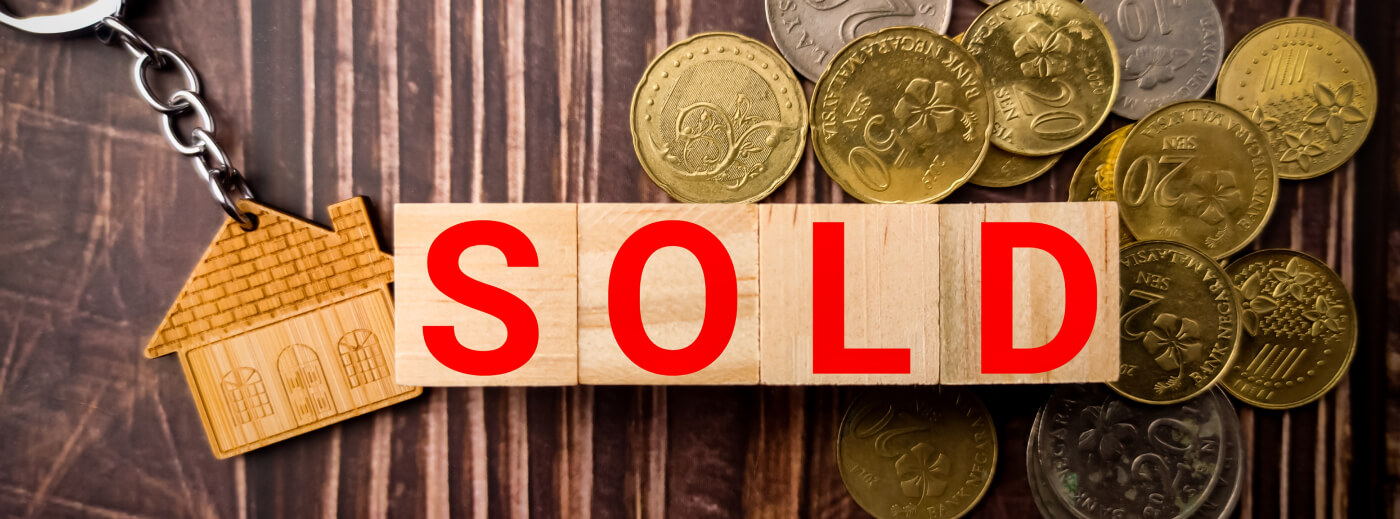The Most Common Gold Scams You Should Be Aware Of While Selling Gold

5min read

Gold is a safe haven in times of financial crisis or emergency fund requirements. Making it a highly beneficial asset to invest in. As the demand for gold remains strong, so does the prevalence of gold scams. If you are looking to sell gold it is vital to stay vigilant and be aware of the scams in the market to protect yourself from unscrupulous individuals or companies seeking to take advantage of your valuable assets.
In this article, we’ll delve into some of the most prevalent gold scams and offer guidance on how to avoid falling victim to them.
1. Counterfeit Gold Products
Counterfeit gold products are one of the most pervasive scams in the gold market. Scammers may produce fake gold coins, bars, or jewellery that closely resemble the real thing. These counterfeits can be made from various metals, often with a thin gold plating, making them difficult to detect without proper testing equipment.
To avoid this scam, only deal with reputable dealers and jewelers, and be sure to verify the authenticity of your gold items using professional testing methods. Familiarize yourself with the specific markings and characteristics of genuine gold products, and always request documentation or certifications for any gold you purchase.
2. Bait-and-Switch
The bait-and-switch scam involves a seller showing you a genuine gold item to lure you in but then switching it with a fake or less valuable piece when the transaction is made. This deceptive tactic can occur in jewellery stores, pawnshops, or even in private transactions.
To protect yourself from this scam, be vigilant during the entire buying or selling process. Pay close attention to the item you’re transacting, ensure it is the same one you initially inspected, and consider having a trusted expert accompany you when making high-value transactions.
3. Weight Fraud
Weight fraud is another common gold scams, where unscrupulous individuals may tamper with weighing scales to manipulate the weight of the gold you’re selling. This can result in you receiving less money than you should for your gold.
To prevent falling victim to weight fraud, consider weighing your gold with multiple vendors to be on the safer side or invest in a digital scale that can come in handy for various situations. Additionally, conduct your business with established dealers who adhere to professional standards and regulations.
4. Lowball Offers
Some gold buyers intentionally offer far less than the market value of your gold, hoping that you’re unaware of its true worth. This is a prevalent tactic used by pawnshops and less reputable gold buyers they would present to you various market circumstances and force you to believe there offer is the best choice you have.
To avoid lowball offers, educate yourself about the current market price of gold and obtain multiple quotes from different buyers before finalizing any transaction. Be wary of buyers who pressure you into making hasty decisions or offer substantially lower prices than the prevailing market rates.
5. Fake Appraisals
This scam typically occurs when you seek an appraisal for your gold items, especially when dealing with antique or unique pieces. Unscrupulous appraisers may intentionally undervalue your gold, making it easier for buyers to purchase it at a lower price.
Protect yourself from fake appraisals by seeking out accredited appraisers with a solid reputation. Additionally, research your items and their potential value beforehand to have a better understanding of their worth.
6. Mail-in Gold Scams
Mail-in gold scams involve sending your gold items to a company through the mail, typically in response to a solicitation or online advertisement. These companies often promise high payouts, but in reality, they may undervalue your items or even fail to return them.
Avoid falling victim to mail-in gold scams by dealing with reputable and established gold buyers with positive reviews and transparent processes. It’s essential to thoroughly read and understand the terms and conditions of any mail-in service before sending your gold.
7. Hidden Fees and Commissions
Some gold buyers may advertise seemingly attractive offers but tack on hidden fees and commissions when you’re ready to close the deal. These additional costs can significantly reduce the amount you receive for your gold.
To protect yourself from hidden fees, read contracts and agreements carefully and ask for a clear breakdown of all costs associated with the transaction. Reputable dealers will be transparent about any fees or commissions.
8. Deceptive Weight Measurements
In some cases, deceptive buyers may use a measurement unit other than the standard troy ounce when evaluating your gold. This can result in a lower weight and, consequently, a reduced payout for your gold.
To safeguard yourself from deceptive weight measurements, familiarize yourself with the troy ounce and its standard use in the gold industry. Double-check the measurements provided by the buyer, and if in doubt, seek a second opinion from a trusted source.
9. Impersonation and Fraudulent Credentials
Gold scammers sometimes pose as legitimate dealers, complete with counterfeit credentials and certifications. They may use fake business names and falsely claim to be accredited with the organizations, all in an attempt to gain your trust and business.
To avoid this type of scam, verify the legitimacy of any dealer or buyer by checking their credentials with industry organizations, reading reviews, and asking for references. Ensure you only transact with established and reputable gold buyers.
Conclusion
Selling gold can be a lucrative endeavor, but it comes with risks due to the prevalence of gold scams. To protect your assets and hard-earned money, it’s crucial to be aware of these common scams and take the necessary precautions. Always deal with reputable gold buyers, educate yourself about the market, and conduct thorough research before making any gold-related transactions. By staying informed and vigilant, you can navigate the gold market safely and confidently and get the best value for your sell gold.







